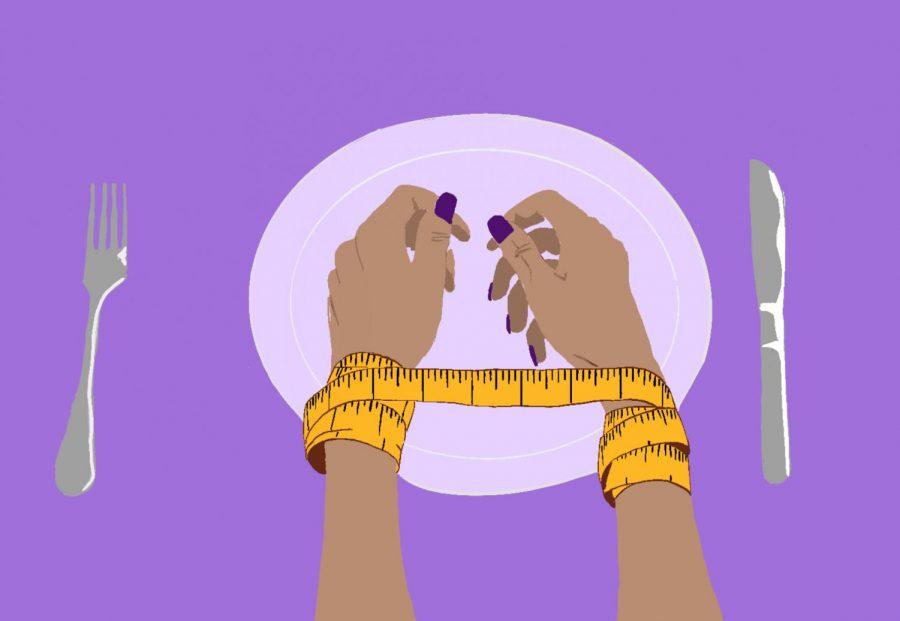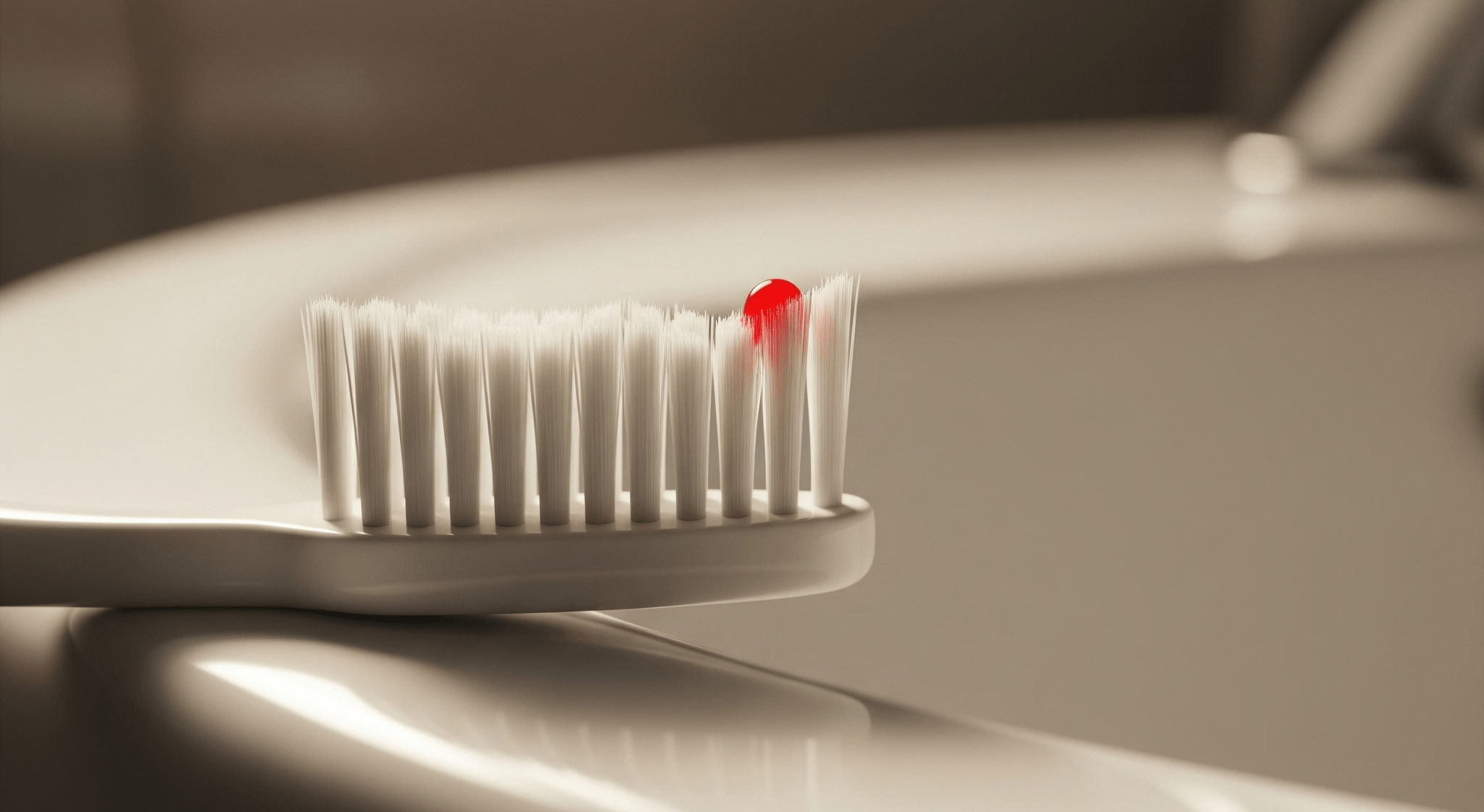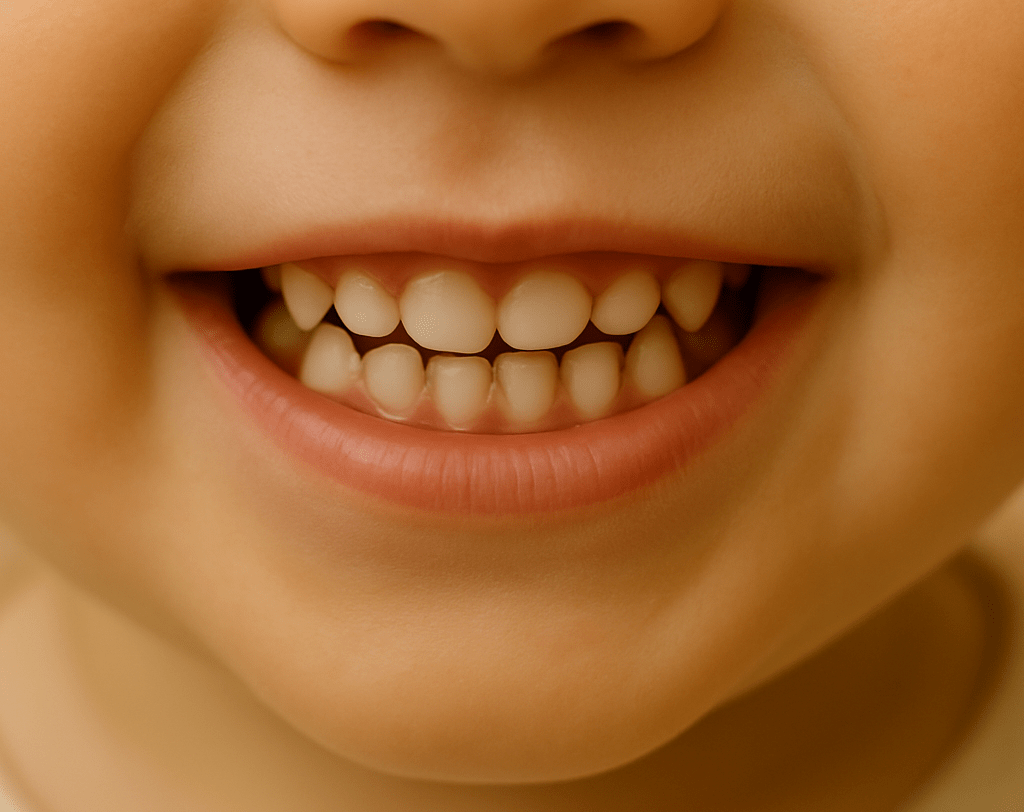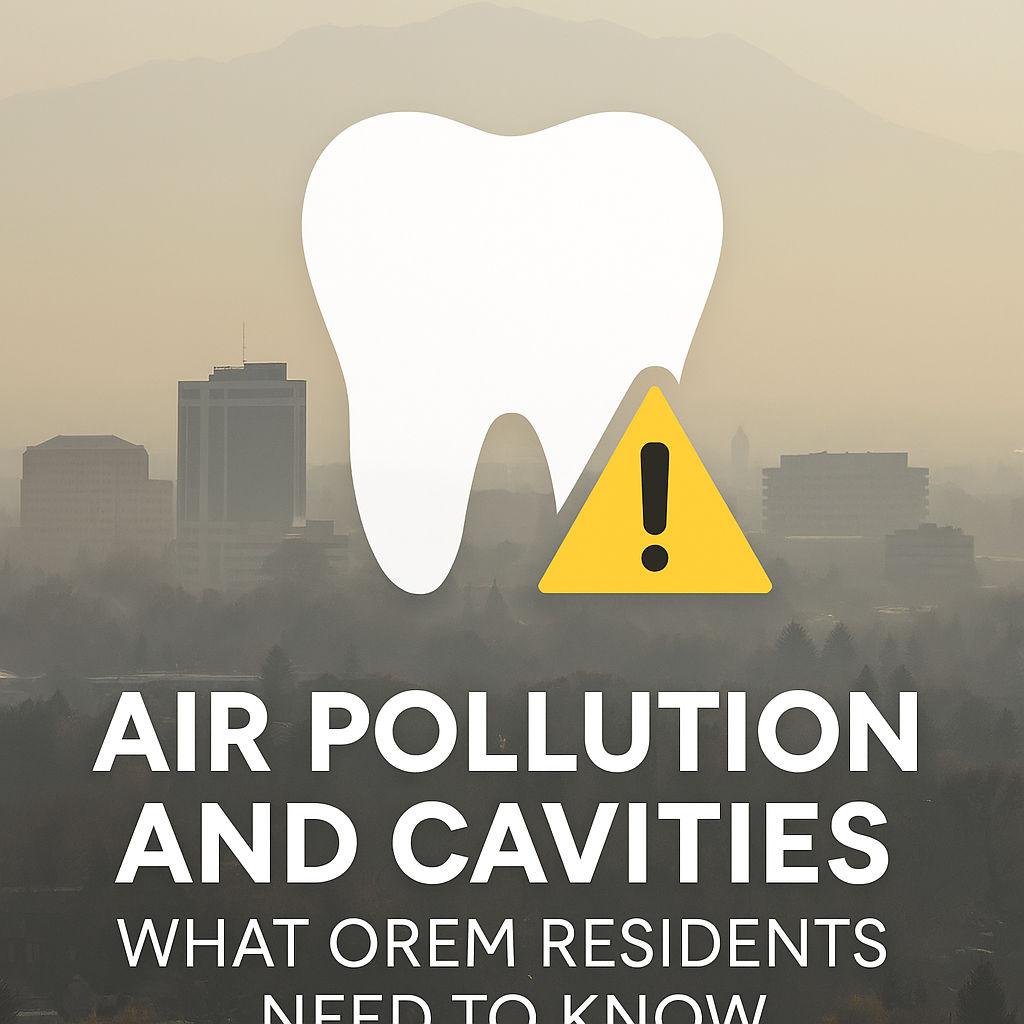According to the National Eating Disorders Association, significant eating disorders such as anorexia, bulimia, and binge eating impact more than 10 million Americans. An eating problem can affect anybody, although it is more frequent in teens and young adult women. Eating disorders have a detrimental influence on an individual’s health and quality of life, as well as their self-image, relationships with family and friends, and academic or professional performance. It’s critical to speak with your health care practitioner if you have an eating disorder.
Eating disorders can have a negative impact on a person’s dental health. Gums and other soft tissue within the mouth might bleed readily if they are not properly nourished. The glands that generate saliva may enlarge, causing persistent dry mouth in some people. Throwing up regularly can also harm your teeth. This is because as stomach acid rushes over teeth repeatedly, the enamel can wear away, causing the teeth to alter color, shape, and length. Teeth edges grow thin and readily snap off. Eating or drinking hot or cold food or beverages can be unpleasant.
Types of Disorders
- Anorexia: Anorexiais a type of eating disorder. This is usually accompanied by severe anxiety of gaining weight or of getting obese. Even if they are exceedingly skinny or even severely underweight, some people see themselves as “fat.” They may try to starve themselves to obtain or maintain what they believe is their ideal body weight. They may also engage in excessive exercise. Others may overeat in one sitting and then seek to eliminate the food and calories from their bodies by pushing themselves to “throw up” or by abusing laxatives or enemas.
- Bulimia: Bulimia, like anorexia, is characterized by a dread of being overweight. However, it also involves secret bouts of overeating (binge eating), which can happen several times a week or even several times a day. Overeating may make people feel entirely out of control. They may consume thousands of calories–often heavy in carbs and fat–in quantities far more than the ordinary person would consume in a single sitting. Individuals who have overeaten attempt to “undo” their overeating as fast as possible by pushing themselves to “throw up” or by abusing laxatives or enemas. “Binging and purging” is a term used to describe this behavior.
- Binge Eating: Binge Eating, often known as compulsive overeating, is a type of eating disorder. Almost as many males as women may be affected. Previously, these individuals were referred to as “food addicts.” They overeat (binge eat) as described above in bulimia, but they do not routinely try to get rid of the food by vomiting or abusing laxatives or enemas. Guilt may make it simpler for the person to overeat once again.
Prevention
Eating disorders are caused by a number of physical, mental, and social difficulties that must all be addressed in order to help prevent and treat them. Family and friends may assist by providing positive feedback on healthy eating habits and setting a good example. While eating disorders appear to be primarily concerned with body image, food, and weight, they are frequently linked to a variety of other difficulties. Early diagnosis and action considerably enhance the chances of recovery. Referral to health specialists and encouragement to seek treatment is crucial.
If you have an eating disorder, the following habits can help you avoid the oral health problems that come with it:
- Maintain thorough oral hygiene practices, such as brushing and flossing.
- Do not clean your teeth just after throwing up; instead, rinse with baking soda to help neutralize the effects of the stomach acid.
- Make an appointment with your dentist to discuss your treatment requirements.
- See your dentist on a regular basis.





